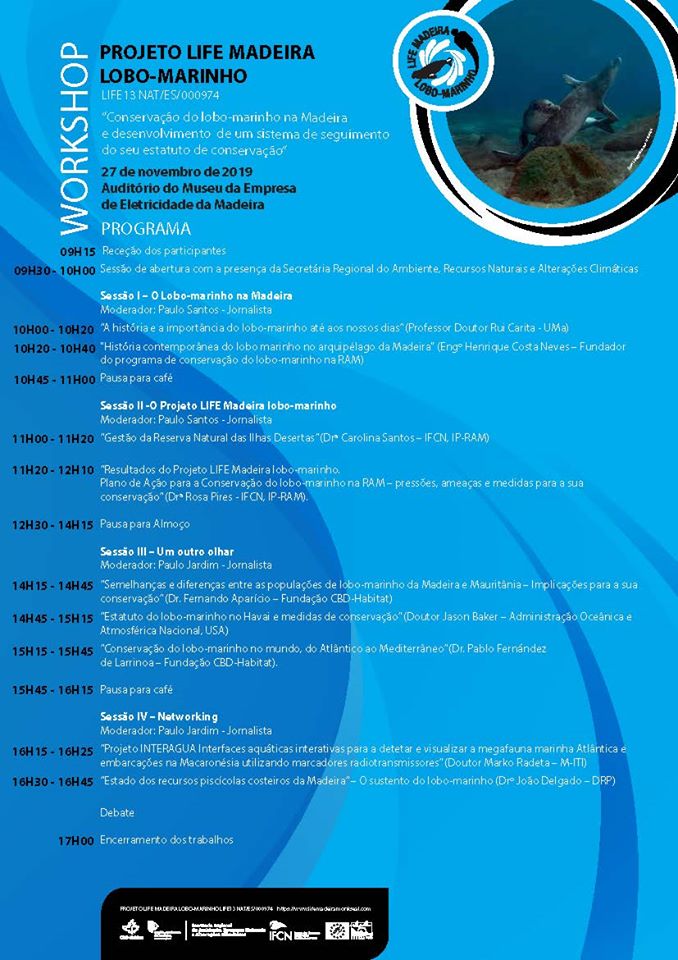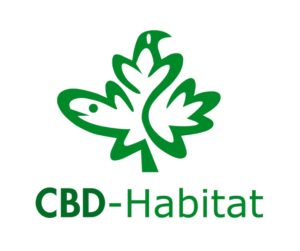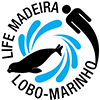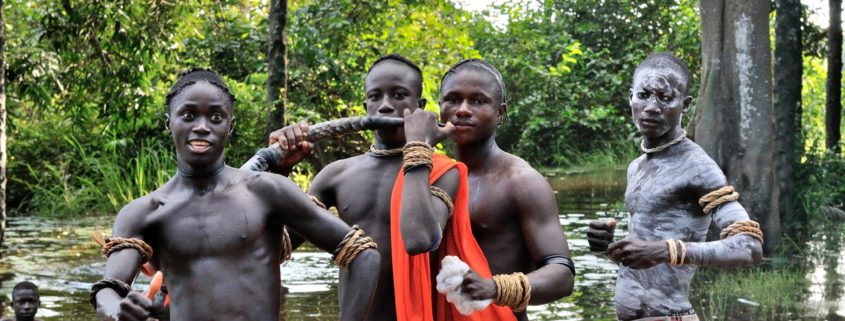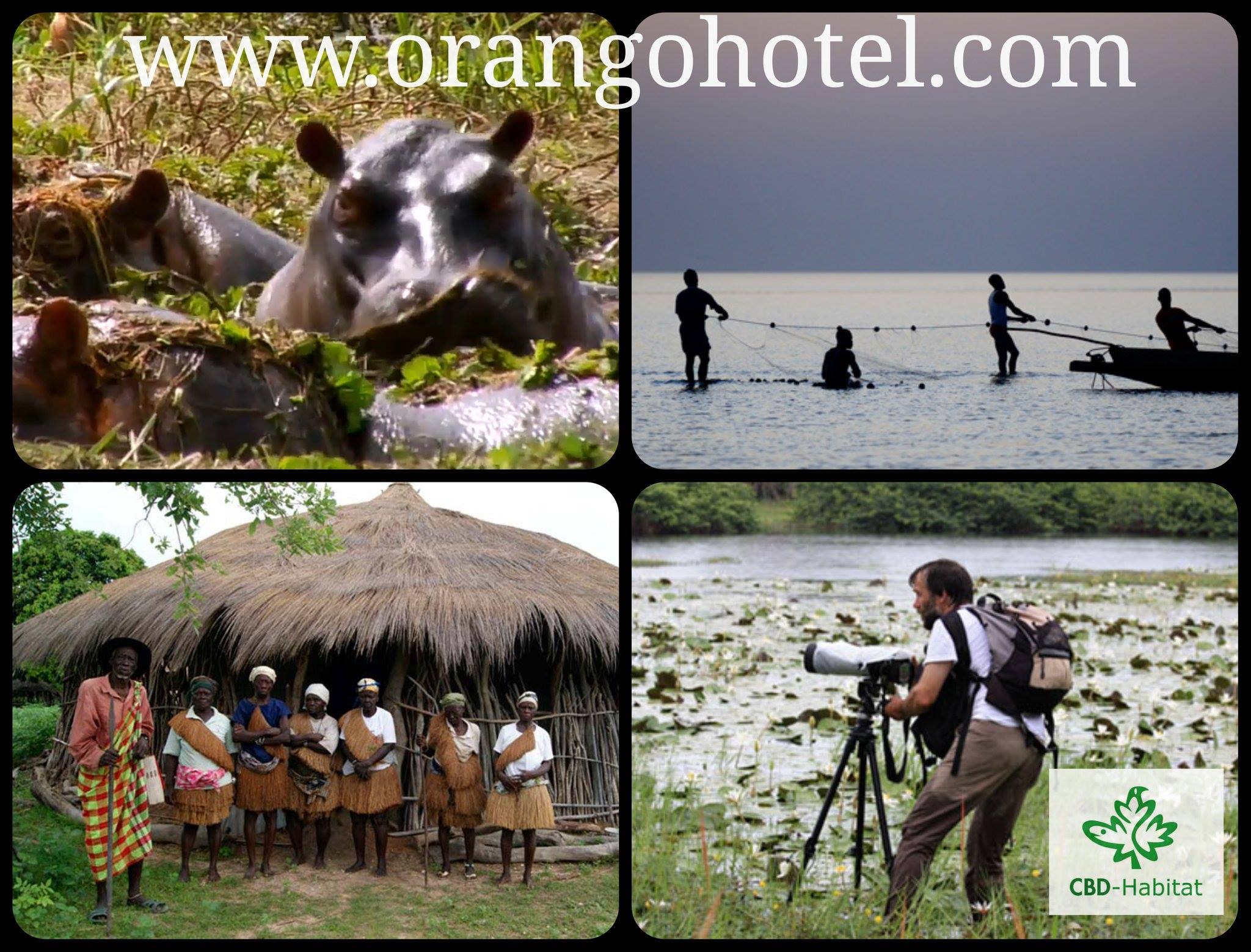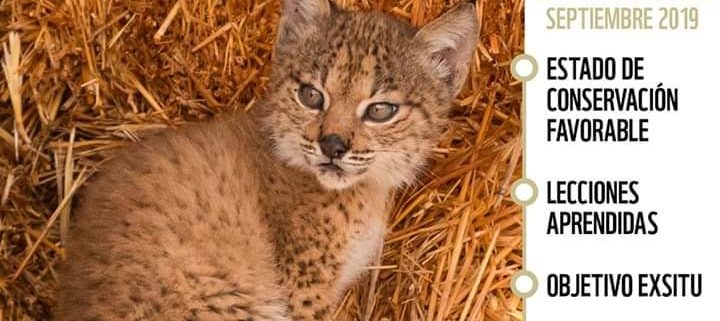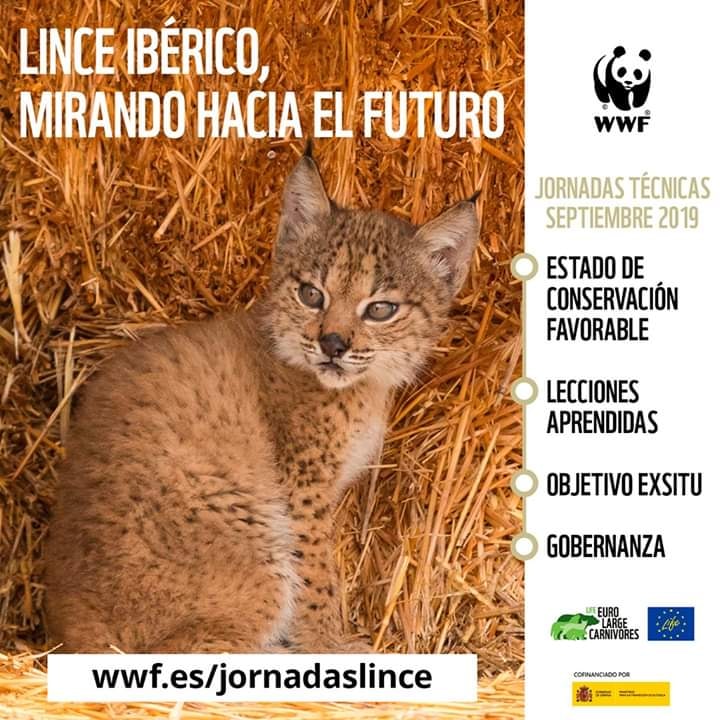Project for the conservation of the monk seal in Madeira, Portugal
Our “LIFE Madeira Monk Seal Project” (LIFE13NAT/ES/000974 “Madeiramonkseal”) is coming to an end. The project, executed by Fundación CBD-Hábitat together with Instituto das Florestas e Conservação da Natureza, RAM from 2014 until the end of 2019, has achieved impressive results in monk seal conservation at Madeira archipelago.
The main objective of the Project is to improve awareness and conserve the monk seal in the Madeira archipelago in order to ensure its long-term survival.
The main aims of the “LIFE Madeira Monk Seal” project have been:
- To provide greater protection for the sites used by the monk seal.
- Reduce the threat and disturbance caused by fishermen, tourism operators, tourists, and the general population.
- Increase the Madeira Natural Park Service’s capacity to intervene in the event of threats or dangers to the seals and adopt a conservation plan for the monk seal in Madeira.
- Develop a conservation status surveillance system for the species and its habitat in Madeira, using non-invasive methods.
The project results and the presentation of the Monk Seal Conservation Action Plan at Madeira will be presented today 27th of november in Funchal, Madeira.
More information:
https://2020.cbd-habitat.com/en/foca-monje-del-mediterraneo/
https://www.mediterraneanmonkseal.org/
